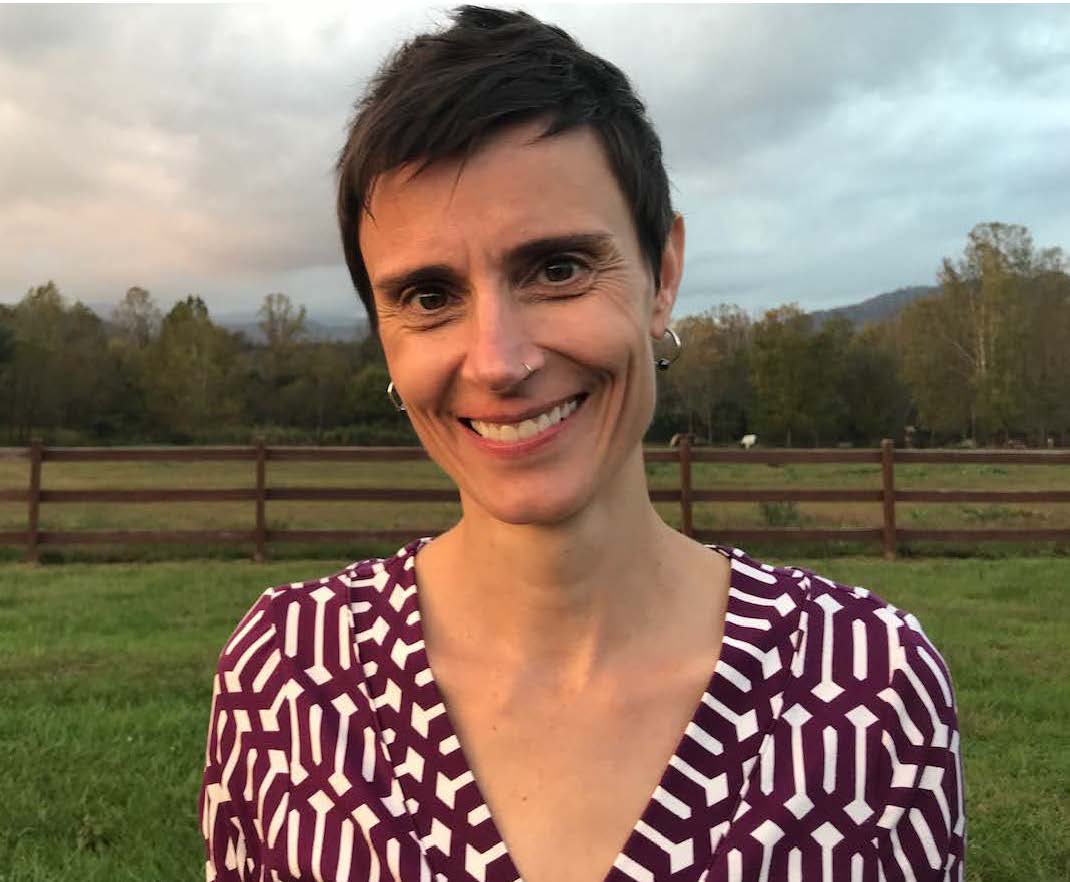Dr. Sara LeGrand is a health services researcher and sociobehavioral scientist with over 10 years of post-PhD experience in global health research, with an additional 4 years of evaluation experience prior to completing her doctoral studies. Dr. LeGrand is currently an Associate Research Professor in the Duke Global Health Institute (DGHI) – Center for Health Policy & Inequalities Research, which focuses on population-based health research, health systems research, and intervention and evaluation research. She has held a position at Duke for 13 years. She currently serves as principal investigator or investigator for numerous federally funded grants.
Dr. LeGrand’s primary area of research focuses on the mental, physical, and social health of sexual and gender minorities, with a particular interest in understanding the determinants of health that negatively and positively contribute to health outcomes; health behaviors; and, access to health care across the life course in different locations around the world. The ultimate goal of this work is to identify culturally relevant strategies at the individual, interpersonal, community, and structural/policy levels that can improve the health and wellbeing of sexual and gender minorities globally. Dr. LeGrand is delighted to serve as a co-director of the Duke Sexual and Gender Minority Health Program, which aims to position Duke as a leader in sexual and gender minority health research; clinical best practices, training, and education; and, policy, particularly among sexual and gender minorities in the southern US and Global South.
Additionally, Dr. LeGrand has extensive experience conducting HIV prevention and treatment research that typically involves the design, implementation, and evaluation of digital health interventions to decrease HIV disparities among marginalized populations, including racial and ethnic minorities, sexual and gender minorities, and adolescents and young adults in the US and in low- and middle-income countries.


